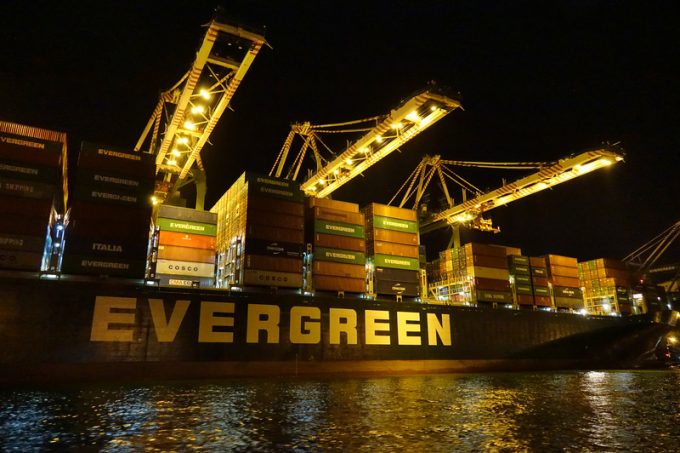Threat of rising oil price adds to frustration for crisis-hit supply chain chiefs
New warnings from the World Bank of surging oil prices, adding to the continuing instability ...

The Red Sea crisis could last until Q3 24 at most, according to Evergreen chairman Chang Yen-yi today.
At a lunar new year event organised by the National Association of Chinese Shipowners, Mr Chang acknowledged it had injected a much-needed boost for container freight earnings, but added: “The Red Sea crisis is only a short-term phenomenon and cannot be compared with the increase in freight rates during the pandemic.
And he warned: “The main challenge for the shipping industry is overcapacity, supply and demand determine freight levels. Once the situation normalises, with an economic downturn, freight rates are unlikely to rise. Many operators will have to correct rates and respond by blanking sailings.”
Mr Chang however, also noted that if the crisis extended beyond September, it could complicate the contract negotiations with the International Longshoremen’s Association that represents US east coast port workers.
Contract negotiations for the ILA are due in November, coinciding with the US presidential elections which could further compound the discussions. Industrial action could slow container handling at the ports.
Yang Ming chairman Cheng Cheng-mount, also at the event, was quoted by Taiwanese media as saying that activity levels of Asian factories remained unclear after the lunar new year, even though freight rates have continued to hold up as vessel diversions round the Cape of Good Hope had increased sailing times.
Mr Cheng said: “We feel that the conflict hasn’t been resolved, so we will continue to avoid sailing through the Red Sea. The IMF’s economic forecast for this year has been revised upwards, but it’s mainly due to the US economy performing better. The Chinese economy is still unstable, and other regions are still affected by geopolitics.”
Comment on this article